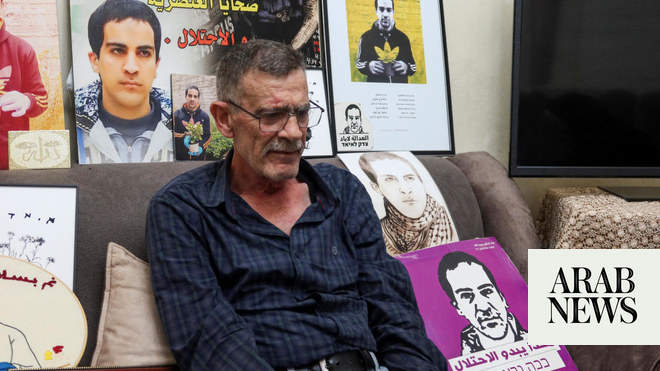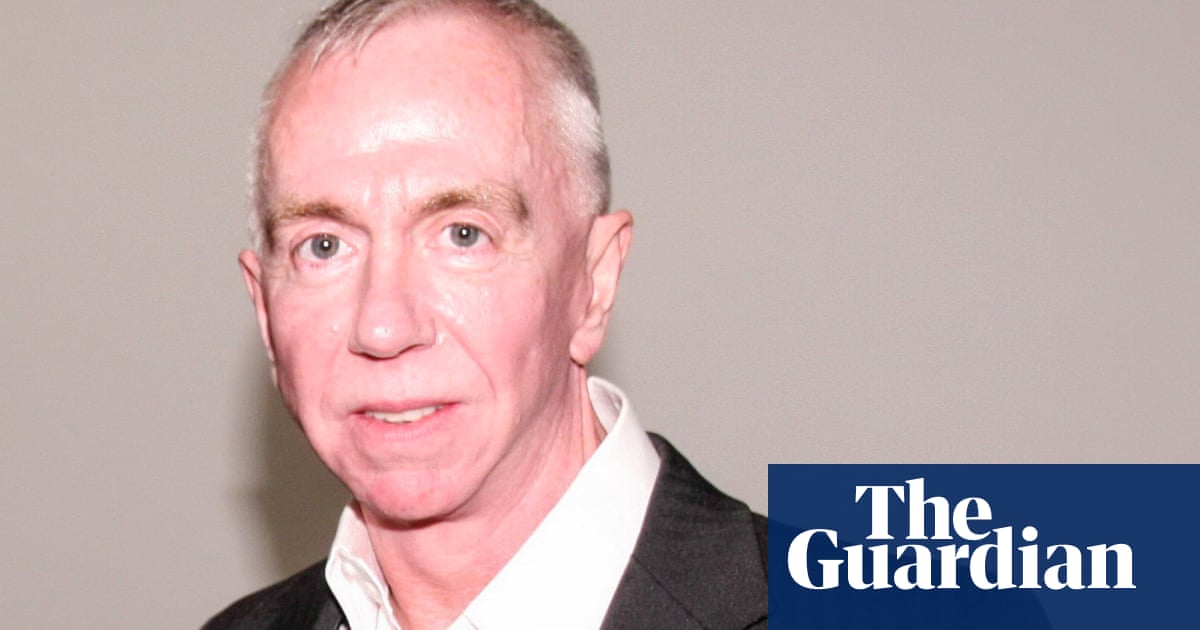
A caregiver for an unarmed, autistic Palestinian man killed in Jerusalem by Israeli police has said she repeatedly warned officers he was disabled before they opened fire, in a case that has drawn parallels with US police violence.
The body of Iyad Halak, 32, was buried late on Sunday night. He was shot dead the day before, reportedly after becoming confused by shouting police and fleeing in a panic to hide among rubbish bins.
Israeli police said in a statement they had spotted a “suspect with a suspicious object that looked like a pistol”. “They called upon him to stop and began to chase after him on foot, during the chase officers also opened fire at the suspect, who was neutralised,” the statement said.
Warda Abu Hadid, Halak’s caregiver, told Israeli media she had tried to alert police to the fact that he was severely autistic and did not understand their calls.
“He’s disabled, disabled,” she recalled shouting repeatedly, in Hebrew. “Wait a moment, take his ID card, check his ID.”
“Suddenly they fired three bullets at him, in front of my eyes,” she told Channel 13. “I shouted: ‘Don’t shoot him.’ They didn’t listen; they didn’t want to hear.”
After shooting at Halak, the police pointed their guns towards her, she claimed. “They came up to me, pressed their guns against me and said: ‘Give us the pistol he gave you.’”
Asked about the alleged account, the police spokesman, Micky Rosenfeld, referred to a ministry of justice investigation looking into the incident.
The killing, which led to an apology from Israel’s defence minister, has been pointed to by Palestinian, Israeli and US activists as an example of what they say is similar neglect for the lives of Palestinian and black people in Israel and the US.
At small protests in Israel and Palestine since Saturday, people held signs reading “Palestinian lives matter”, a reference to the US-based Black Lives Matter movement. Others posted online old photos of Israeli police and army officers kneeling on the necks of arrested Palestinian men – similar images to that of the death of George Floyd, whose killing while under police restraint has spurred protests across the US.
The Ramallah-based Palestine Institute for Public Diplomacy shared a drawing on Twitter of Halak and Floyd side by side, with “two countries, similar systems” written above them. “[Iyad] and George were victims of similar systems of supremacy and oppression. They must be dismantled,” the advocacy group said.
Halak had been on his way to an educational institute in Jerusalem’s Old City, where he studied. Shortly after the shooting, police raided his family home.
Two officers were questioned under caution on Saturday, with one placed under house arrest while investigators looked into the incident, local media reported.
Amir Ohana, the public security minister who oversees Israel’s police, vowed to investigate but said officers were “required to make fateful decisions in seconds in an area that has been inundated with terror attacks, and in which there is a constant danger to their lives”.
During the past few years, lone Palestinian attackers have stabbed or shot civilians and police in Jerusalem, although the incidents have dropped in frequency since an escalation in late 2015 and 2016.
Israel’s prime minister, Benjamin Netanyahu, did not mention the killing at a cabinet meeting on Sunday, but his defence minister and alternate prime minister, Benny Gantz, apologised for the incident. “I am sure this subject will be investigated swiftly, and conclusions will be reached,” Gantz said.
B’Tselem, a leading Israeli human rights group, said justice was unlikely. While its researchers have only partial data for official police complaints, they found that investigations into the killings of more than 200 Palestinians by the army during the past nine years resulted in only three soldiers being convicted.
“Even in a case as clearcut and horrifying as this, the opening of the investigation is simply the first step in its whitewash,” the group’s spokesman, Amit Gilutz, said of Halak’s killing.
“Enforcing an occupation and denying millions of people their human rights requires a great deal of perpetual state violence. Therefore, existing Israeli law enforcement mechanisms are designed to protect the perpetrators of this violence – not their victims.”
Gideon Levy, an Israeli columnist and one of the most prominent anti-occupation voices in the country, expressed little hope for an impartial investigation or that the killing – which he argued was not unusual – might lead to change in Israel and Palestine.
“The [Israeli] border police are no less brutal or racist than the police in the United States,” he wrote in Haaretz newspaper. “There, they shoot black people, whose blood is cheap, and in Israel they shoot Palestinians, whose blood is even cheaper. But here, the killing puts us to sleep; there it sparks protest.”












